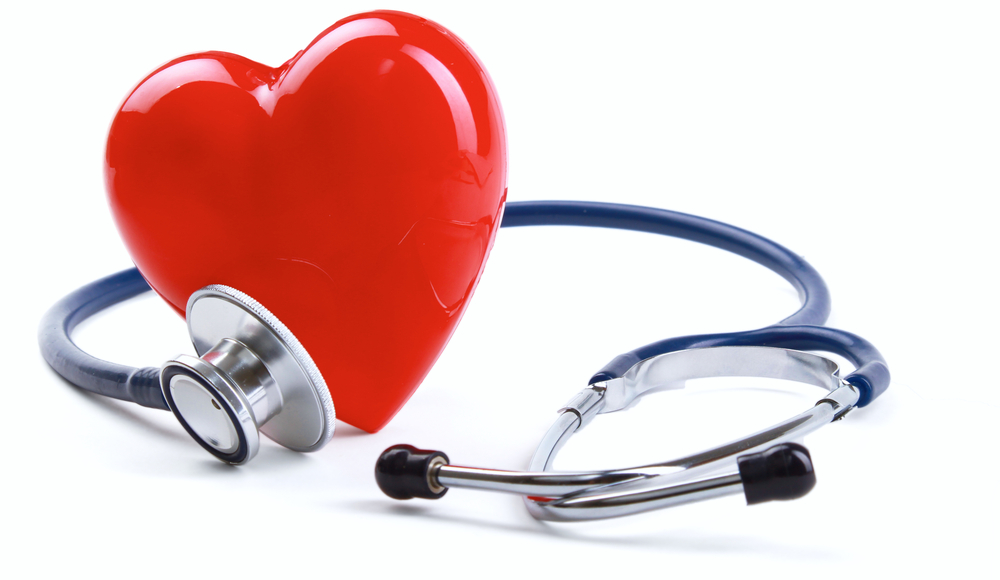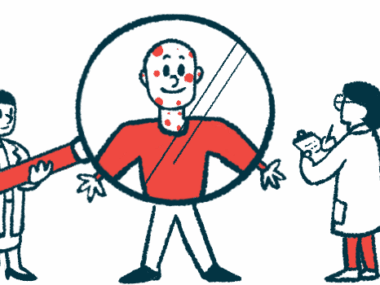Tips for Lowering Your Blood Pressure When You Have EDS
Written by |

Blood pressure is determined by the amount of blood your heart pumps and the resistance to blood flow in your blood vessels. High blood pressure increases the risk of heart attack and stroke, as well as heart failure.
High blood pressure can be even more dangerous for people with Ehlers-Danlos syndrome (EDS). The connective tissue that gives shape and strength to blood vessels is weaker than usual in these people, meaning that high blood pressure can put them at a higher than normal risk of complications.
Here are some tips for lowering blood pressure of particular importance to people with EDS:
Maintain a healthy weight
Keep an eye on your weight. Being overweight puts greater strain on the heart to pump blood, so that losing weight can lower your blood pressure. Exercising regularly can help you maintain a healthy weight, as well as keep your heart in good condition. Talk to your physician and your physiotherapist about exercises and ways of exercising that are safe with EDS.
Eat healthy foods and reduce sodium intake
Sodium is a salt present in many foods. Salt is essential for the body, but too much can increase blood pressure. Eating healthy foods that are low in sodium (and avoiding processed foods) helps to keep blood pressure in a normal range. A healthy diet includes lots of whole grains, fruits, vegetables, and is low in saturated fat and cholesterol.
Reduce alcohol, caffeine, and nicotine use
Alcohol, caffeine, and nicotine can all increase blood pressure. Reducing the amounts you consume or use of each can work to lower it.
Reduce stress
Stress can raise blood pressure. Techniques for managing stress can also be of benefit.
Talk to your doctor
Talk to your physicians about ways of lowering your blood pressure. They can advise you about ways to safely make healthy changes in your everyday habits and lifestyle. They may also recommend medications to help control your blood pressure.
Last updated: Oct. 17, 2019
***
Ehlers-Danlos News is strictly a news and information website about the disease. It does not provide medical advice, diagnosis, or treatment. This content is not intended to be a substitute for professional medical advice, diagnosis, or treatment. Always seek the advice of your physician or other qualified health provider with any questions you may have regarding a medical condition. Never disregard professional medical advice or delay in seeking it because of something you have read on this website.





